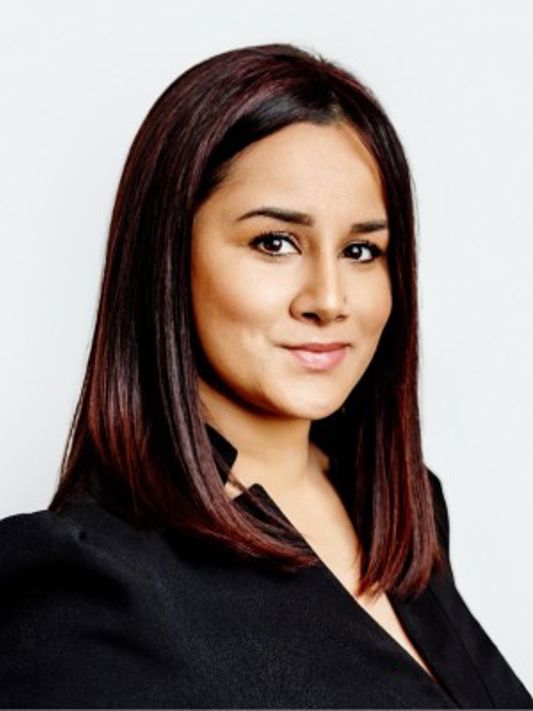Why integrating philanthropy & legacy into wealth planning conversations matters
Published on
A guest blog from Ameeta Panessar, financial adviser and Founder of Orelle Private Wealth.
We all know that wealth planning encapsulates obvious areas, for example, investment planning and estate planning. But the real beauty of the process is that a client’s goals and aspirations should always be at the forefront of the planning conversations. What does a client really want to achieve in a certain number of years? How do they want to look after their families during their lifetime? What do they want to leave behind when they are gone?
The thing is, though, that in order to really get this right – particularly the last point, we have to understand what actually matters to our clients. The kinds of things that are truly deep-rooted, the values they hold, the feelings that are not always surface level. Causes that sit close to their hearts.
It isn’t always easy to get clients to open up in this way. Some clients may feel it is unnecessary to talk about causes that are important to them during wealth planning conversations because they don’t feel it is relevant, they may feel as though their adviser doesn’t particularly care about these things, or it could be that they are simply unaware of the options available to them when it comes to legacy giving and understanding how it can all fit together within the process.
Yes, a lot of it is down to our ability as advisers to build those relationships, but it’s also about how we actually integrate the topic of legacy and philanthropy into our conversations with clients. It’s not something that forms part of our formal advice process and so starting to incorporate these conversations might not feel like the easiest thing to do.
But it’s an area that needs focus. Advisers play such an important role because we have so many more touchpoint opportunities to explore this area with clients than we might realise – initial meetings, client reviews, key life events, estate planning conversations, environmental, social, and governance (ESG) conversations – the list goes on. Once broached, these conversations could allow clients to feel as though they have a safe space to openly talk about what really matters to them.
So, why legacy giving?
Navigating the idea of legacy giving with clients really takes planning to a different level. This now becomes about meaning, purpose and impact.
It allows clients to decide what kind of impact they really want to make for the future, the values they want to pass down to younger generations and the mark they want to leave. This then makes me think about how many future generations will share those values and continue to pass them down and continue to make an impact, all because we, as advisers, took the first step by integrating legacy and philanthropy into a conversation with a client.
What this can do for the future is quite extraordinary. Imagine the impact that can be made if families and children are involved in these conversations. Uncovering shared values which could then align even more strongly with future generations, continuing to make an impact far beyond what the client might have initially thought possible.
I truly believe that the level of trust this can build with clients is unmatched. By helping clients explore this area, we are now helping them look beyond the numbers, inheritance, or estate planning.
There are various reasons why a client might hold a particular cause close to their heart - maybe it’s something they’ve simply always believed in, or it could be due to personal experience or family history. The Legacy Futures/Smee & Ford data dashboards in 2024 show that health was the largest legacy sector, accounting for 39% of legacy income. Could this be down to personal or family experience? There are also some exciting stats from the recent Legacy Giving Report 2025; legacy income grew by 9% in 2024, up from just 1.3% the year before.
It’s amazing to see that legacy giving is increasing in this way and I do believe that us as advisers integrating legacy and philanthropy into conversations could help further improve these numbers in a big way.

About the author
Ameeta is a Financial Adviser and the founder of Orelle Private Wealth. Before deciding to set up her own business, Ameeta’s career spanned wealth management at Charles Stanley, as well as regulatory relationships and first-line financial risk management at Phoenix Group.
Resources for wealth advisers
Find out more about the benefits of legacy giving for your clients, and how to get the conversation started, through our dedicated wealth adviser resources.

